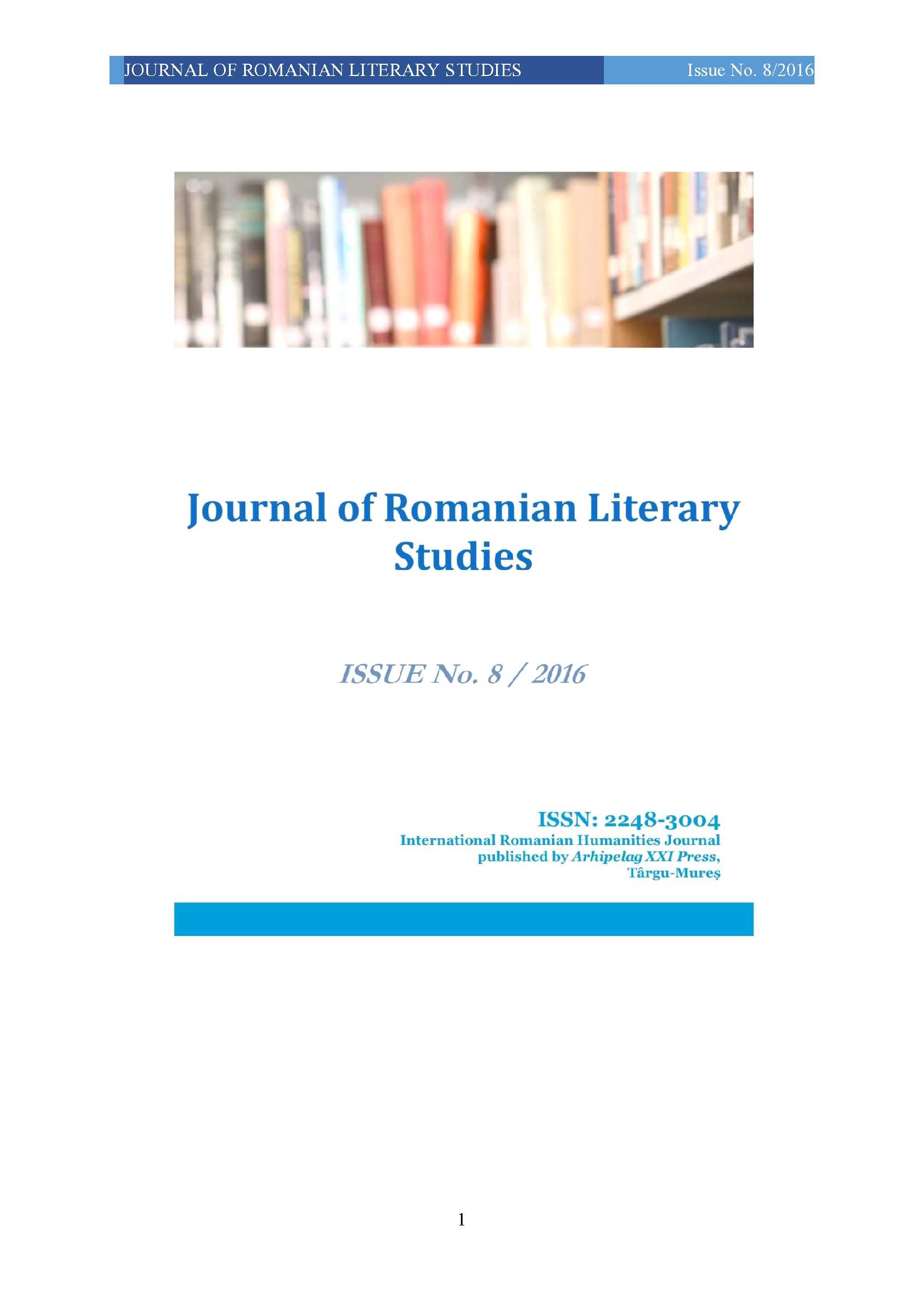MAIORESCU AND THE LITERARY “NEW DIRECTION”
MAIORESCU AND THE LITERARY “NEW DIRECTION”
Author(s): Adriana PopescuSubject(s): Language and Literature Studies, Literary Texts
Published by: Editura Arhipelag XXI
Keywords: Culture; Diplomacy; New Direction; Literary Conversations; Competition rule
Summary/Abstract: Titu Maiorescu, promoter of the Ŗnew directionŗ, freemasonic politician, prime minister of Romania, aesthete of rare essences, he appears as disgusted critic, a non-believer in Romanian literature, his pragmatic approach focusing on the critical revival of the fortyeighters doctrine, on its isolation in the political program of the liberal group and in the current of Latinist partisans, an approach coupled with the alternative of the new direction in the Romanian culture from 1867-1868. The program of ŖJunimeaŗ, described after the model of Sorin Alexandrescu Ŕ taking on the Ŗcompetition ruleŗ, appears in the research as an ideological program, accepted by the Romanian intellectuals, a construction designed by Maiorescu on three levels: the perfect match between content and for; the inauguration of critical spirit by eliminating the empty forms of unadapted civilization; superiority of truth in exercising the critical spirit by the emancipation from any external constraint, axes turned into positive leverage of the critical spirit which we can find in the literary works published in the magazine ŖLiterary Conversationsŗ. Conlusion: Titu Maiorescu leads the Ŗcanonical battleŗ from the Romanian culture by replacing the false direction from 1866 with the new direction of the critical spirit. The image of the theoretician Maiorescu from the research is superimposed with the image of the Ŗproducer of cultural discourses and ideological programs of a (conservative) intelligenceŗ as noted by Gh. Manolache. The core of Maiorescuřs program focuses on the ŖNew Directionŗ from the time of Junimea (1867-1973), aiming to eliminate the false culture (the non-culture) from the Romanian literary space by separating arts from politics, science etc. considering that each field of activity has its own Ŗform of utilityŗ, a priority that the old direction of ŖLiterary Daciaŗ had ignored, causing a false culture.
Journal: Journal of Romanian Literary Studies
- Issue Year: 2016
- Issue No: 08
- Page Range: 279-289
- Page Count: 11
- Language: Romanian

